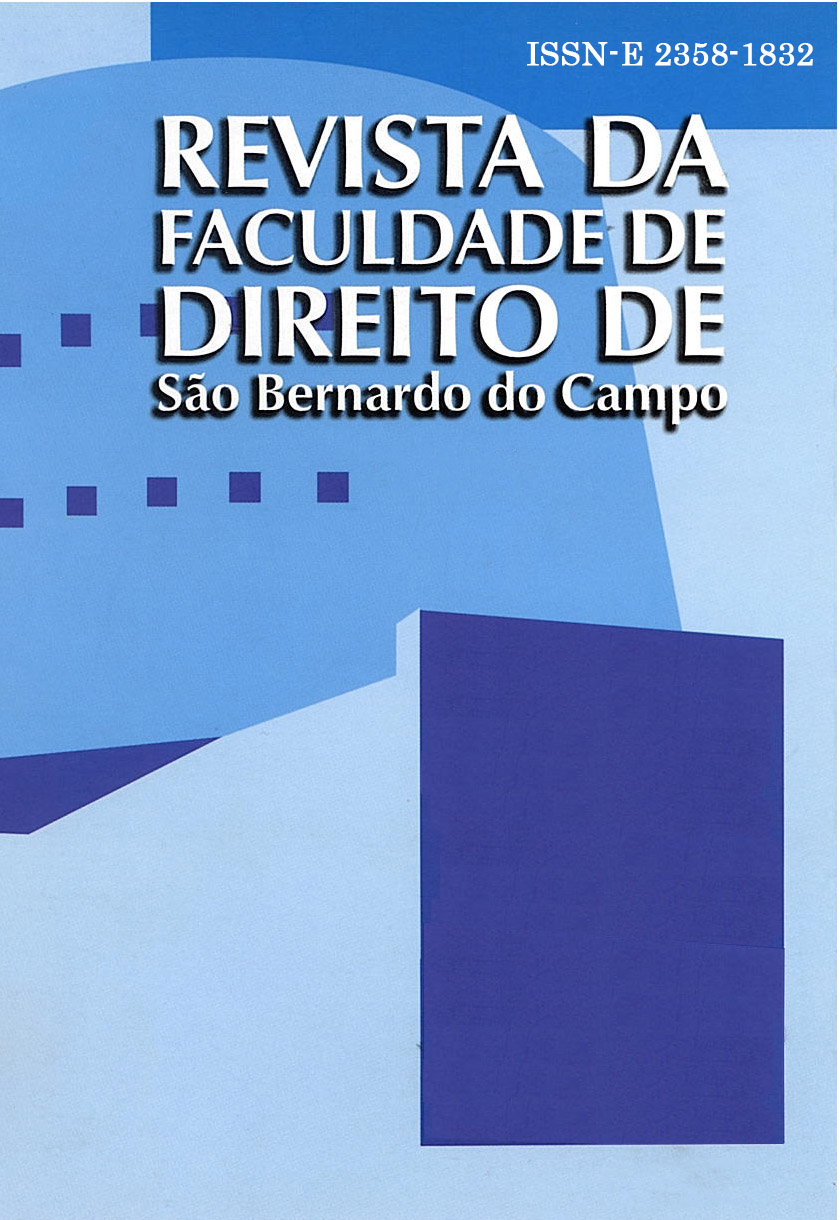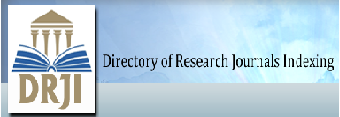THE RELEVANCE OF SUBJECTIVE SPECIALTY IN REAL ESTATE RECORDS TO COMBAT AND PREVENT CORRUPTION
Keywords:
FRAUDULENT ACQUISITION, White Collar Crime, passive act of corruption, ACTIVE ACT OF CORRUPTION, EXTRAJUDICIAL NOTARYAbstract
ABSTRACT
This paper defends the thesis in which notaries are the only entities capable of generating and transmitting data to public agencies safely and efficiently and, through this sharing, assist preventing and combating corruption. Currently, the notaries go beyond their registry and notarial function acting as data feeders for public agencies. A complex network of computerized system is formed in Brazil, by the development of institutional platforms within which notaries act as data feeders. The sharing of data between notaries and public authorities follows strict requirements standards, mainly with regard to compliance deadlines for data transmission and installation of sophisticated technological environment by notaries. In this context, when notaries require compliance with correct personal qualification, with RG and CPF data, it is contributing to the feeding of a relevant database in this compliance. The idea that compliance with the principle of subjective specialty is responsible for the success of public policies to combat corruption. Finally, Brazil's relevance on the international scene is presented through its performance in the main international foraes that has been discussing the fight against corruption in the world.
References
----------- Conflitos entre Tratados Internacionais e Leis Internas. Rio de Janeiro: Ed. Renovar, 2000.
BALBINO FILHO, Nicolau. Direito Imobiliário Registral. 1. ed. São Paulo: Saraiva, 2001. p.35
BRANDELLI, Leonardo. Teoria geral do direito notarial. Porto Alegre: Livraria do Advogado, 1998.
CARVALHO FILHO, José dos Santos. Manual de Direito Administrativo. 18 ed. Ampl. Rio de Janeiro: Lumen Juris, 2007.
CENEVIVA, Walter. Lei dos registros públicos comentada. 14ª ed. São Paulo: Saraiva, 2001.
DI PIETRO, Maria Sylvia Zanella. Direito Administrativo. 18 ed. São Paulo: Atlas, 2005.
GALIANI, Luiz Antônio. Os princípios basilares do fólio real. RJ n°. 212, jun/95
MEIRELLES, Hely Lopes. Direito Administrativo Brasileiro. 27ª ed. São Paulo: Malheiros, 2002.
MELLO, Celso Antônio Bandeira de. Curso de Direito Administrativo. 15ª ed. São Paulo: Malheiros, 2003.
MUKAI, Toshio. Direito Administrativo sistematizado. 2ª ed. São Paulo: Saraiva, 2000.
FÁZZIO JÚNIOR, WALDO. Corrupção no poder público: peculato, concussão, corrupção passiva e prevaricação. São Paulo: Atlas, 2002.
FERREIRA FILHO, MANOEL GONÇALVES. “A corrupção como fenômeno social e político”, in Revista de Direito Administrativo, Rio de Janeiro, n. 185, jul./set. 1991.
SILVA, João Teodoro da. Serventias Judiciais e Extrajudiciais. Belo Horizonte: Serjus, 1999.
Downloads
Published
How to Cite
Issue
Section
License
TERMO DE CESSÃO DE DIREITOS AUTORAIS
Pelo presente instrumento jurídico particular, na condição legal de autor(a) e detentor(a) dos direitos autorais sobre a obra ora apresentada para avaliação, transfiro integralmente, pelo presente Termo de Cessão de Direitos Autorais, à Faculdade de Direito de São Bernardo do Campo – Autarquia Municipal, sediada na Rua Java, 425, Jardim do Mar, São Bernardo do Campo, SP, CEP 09050-450, inscrita no Cadastro Nacional de Pessoa Jurídica sob o número 59.108.100/0001-89, os direitos de edição, publicação, ditribuição, reprodução em qualquer formato (impresso, digital ou qualquer outra plataforma) e forma de comercialização, bem como todos os elementos que possam conter, patrimoniais ou não, referentes à esta obra, com fundamento nos artigos 28 a 33 da Lei Federal nº 9.610, de 19 de fevereiro de 1998 (Lei de Direitos Autorais), para a finalidade específica de publicação na Revista da Faculdade de Direito de São Bernardo do Campo e Repositório Eletrônico, podendo ser o artigo livremente consultado e reproduzido.
Fico ciente, ainda, que tal transferência se dá por prazo de forma definitiva e irretratável.
Estou ciente de que o envio da obra implica na concordância total com o acima exposto.





